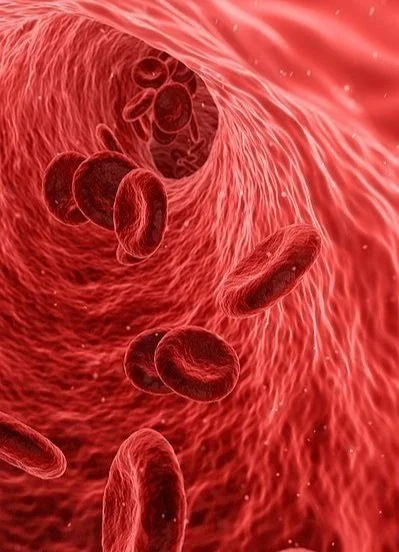What is thalassemia?
Thalassemia is a genetic, non-contagious blood disease that occurs when there isn’t enough hemoglobin in red blood cells. Hemoglobin is the protein inside red blood cells that carries oxygen. When the hemoglobin level in a blood cell is too low, cells stop working properly, leading to a decreased amount of healthy red blood cells. This lack of blood cells then causes anemia, resulting in reduced oxygen flow in the body. Symptoms of anemia include weakness, lightheadedness, increased heartrate, and breathing difficulty. Anemia, in severe cases, can lead to death. Severe thalassemia can also cause heart or other organ complications, which can also potentially lead to death. Red blood cells are made in the bone marrow. Thalassemia patients’ bone marrow has to work overtime, which can cause bones to expand, thin out, and crack. Similarly, the spleen makes blood and filters it. When the spleen works too hard on making blood cells, it might not be able to filter all infections and diseases out, which can lead to more problems.
Types of Thalassemia
Hemoglobin is made up of 4 polypeptide chains. As a fetus, there are two alpha chains and two gamma chains. After about 6 months, gamma chains are replaced by beta chains. The different types of thalassemia are alpha and beta, which indicate the part of the hemoglobin that is not being made or is functioning incorrectly.
Severity Levels of Thalassemia
There are different words for levels of severity within thalassemia like major, minor, trait, carrier, minima, and intermedia. Thalassemia major is when two polypeptide chains are damaged. Alpha thalassemia major without treatment is fatal before birth. Beta thalassemia major is severe, and has an average life expectancy of 30 years. Thalassemia minor, carrier and trait all refer to having one damaged chain. Within thalassemia minor, symptoms can be minima or intermedia. Minima thalassemia patients can live a normal life, possibly without knowing they carry the thalassemia gene. Intermedia patients might need blood transfusions, and their health and wellbeing can very.
Cures for Thalassemia
There is no widespread, reliable cure for thalassemia. The only cure for thalassemia is a bone marrow transfusion, where a patient’s bone marrow is replaced with somebody else’s. However, this form of treatment only works if the patient can find a bone marrow match, which can be very difficult to do. There are many other treatments and therapies being looked into, including intrauterine therapy, splenectomies, and genetic modification. Many thalassemia patients might also have to receive frequent blood transfusions.

